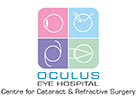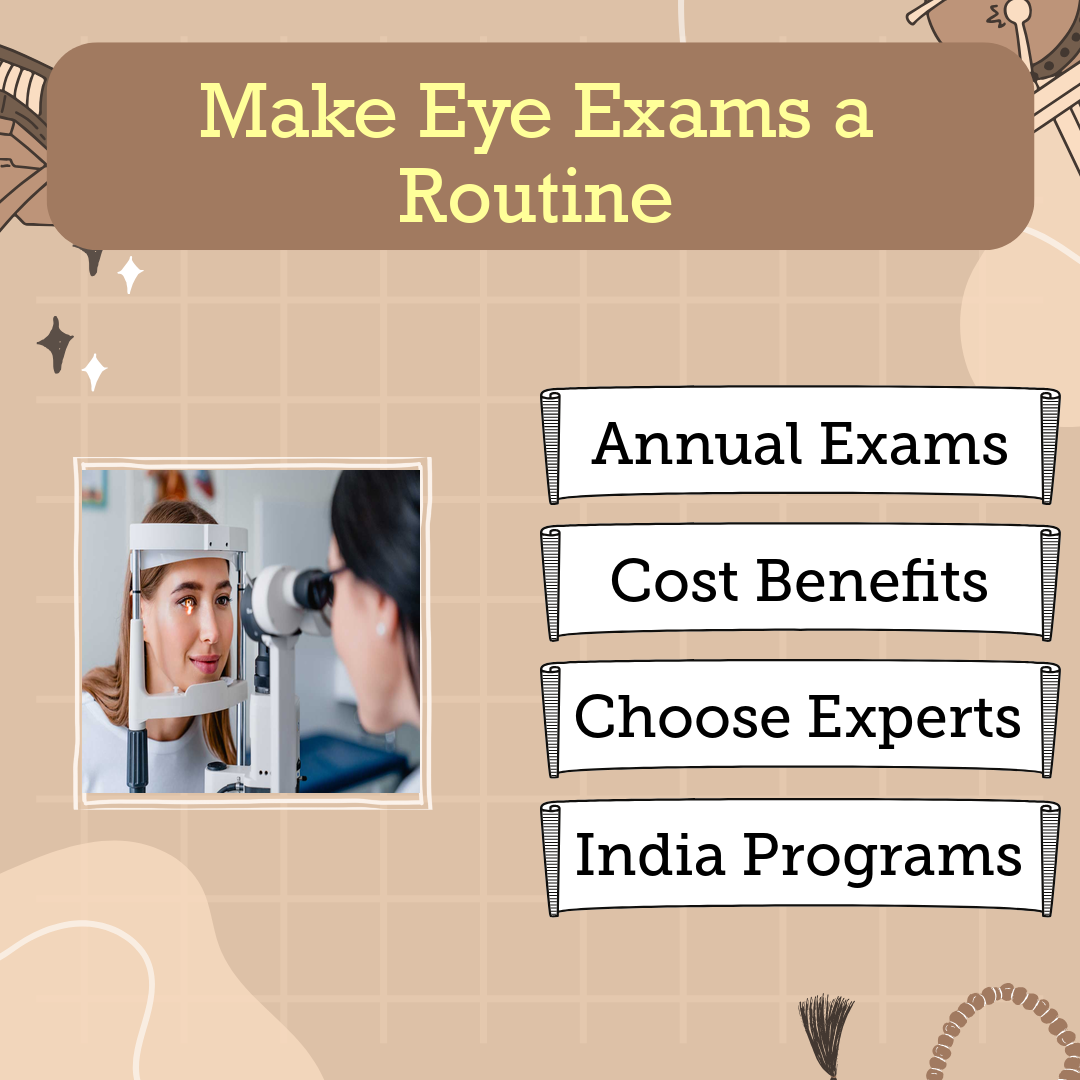This condition is known as the “silent thief of sight” because it often has no early warning signs. People may not realize there’s a problem until they start losing vision. That’s why it’s vital to catch it early.
Glaucoma’s prevalence highlights its significance. It’s a leading cause of blindness worldwide. Millions of people are affected, yet many remain undiagnosed, underscoring the need for regular screenings.
Several factors increase your risk of developing glaucoma. Age is a significant risk factor; as people get older, their risk increases. Genetics also play a role; if you have a family history of glaucoma, your risk is higher. Other health conditions like diabetes or high blood pressure can also increase your chances.
One key aspect to understand about glaucoma is that the vision loss it causes is irreversible. Once glaucoma damages your vision, you can’t get it back. This is why early detection and regular eye checkups are so important.
Beyond Glaucoma: The Holistic Benefits of Regular Eye Exams
Regular eye exams are more than just checking how well you can see. There’s a difference between basic vision screenings and comprehensive eye exams. Vision screenings are simple and quick, but comprehensive exams dive deeper. They assess your overall eye health and can detect diseases like glaucoma early.
Catching signs of glaucoma symptoms early can prevent severe vision loss. Early detection through regular exams allows for better management and possibly helps you avoid the need for glaucoma surgery.
Your eye health is also a window into your overall health. That’s right! Eye exams can often reveal insights into other areas of your health. Diseases like diabetes and hypertension can be detected just by looking at your eyes.
- Conditions detectable through eye exams:
- Diabetes: Changes in the blood vessels in your retina can signal diabetes.
- Hypertension: High blood pressure can also be detected through changes in eye blood vessels.
The good news is that eye exams are efficient and non-invasive. You won’t feel a thing, and it doesn’t take too much time. Plus, it’s a proactive step in maintaining your health.
Scheduling Smart: How Often and Why for Eye Checkups
Knowing when to schedule an eye exam is crucial. Here are some age-based recommendations:
- Children: First exam at six months, then at age three, and before first grade.
- Adults: Every two years once you’re over 18. After 60, every year is better.
Some cases require more frequent checks. For instance, if you have glaucoma risk factors like family history or are experiencing glaucoma symptoms, more regular visits are advisable.
Specific timing for glaucoma screenings can make a difference. It’s better early and often. Don’t wait for symptoms to appear because by then, it might be too late.
If you ever experience symptoms like blurred vision, severe eye pain, or headaches, you should see an eye doctor immediately. These might warrant a quicker checkup.
In India, cultural barriers often deter regular checkups. Many people believe if they can see, they’re fine. This mindset needs changing to embrace preventive care.
Navigating the Screening: What to Expect During a Glaucoma Exam
Getting a glaucoma diagnosis involves a few simple tests. Typically, doctors examine your eye pressure, inspect the drainage angle of your eye, and test your peripheral vision.
During these tests, doctors look for signs of angle-closure glaucoma, where the eye’s drainage system is blocked. They also check for any unusual damage or changes in your vision.
These procedures are pain-free and quick. You can expect a comfortable experience without any discomfort.
Modern technology has improved glaucoma diagnosis and screenings. In India, advancements allow for more precise and quicker exams. You get the most accurate diagnoses without the hassle.
Consider a real-life story of early detection: A young woman went for a routine checkup and discovered early-stage glaucoma. With simple treatments, she managed it and maintained her vision. This could be anyone’s story.
Prioritize & Protect: Making Eye Health an Every Day Essential
Keeping your eye health in check can be simple: – Set reminders for your eye exams annually. – Consider the cost benefits; prevention is often cheaper than treatment. – Choose the right eye care professional by asking for recommendations. – Check for any programs in India that provide support for eye care.
Include eye checkups effortlessly in your routine. It’s vital for overall health.
Finally, take action now. Prioritize your eye health by scheduling a checkup today. Don’t wait until it’s too late.


